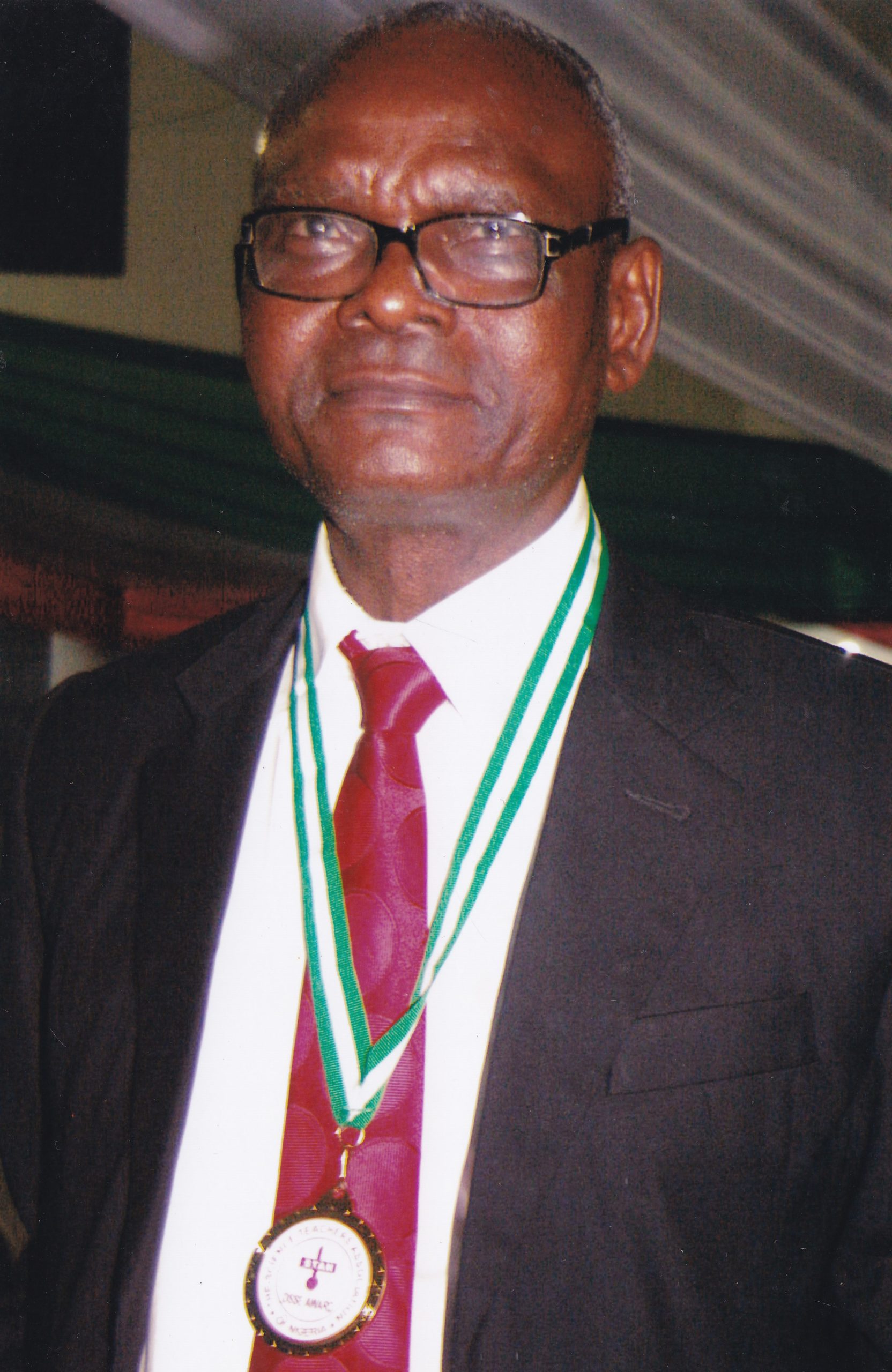Students’ in Environmental Education and their Participation in Environmental Conservation by N. E. U. Inyang & David D. Sambo
$1.50
INTRODUCTION
The fundamental aim of environmental education is to arouse pupils‘ awareness and curiosity about the environment and encourage active participation in resolving environmental problems (Oduwaiye, 1997). Formal environmental education by infusion approach takes place within primary and secondary school system. As observed by Aina (1997), environmental education programmes focusing on students represent a long-term educational solution to environmental problems.
However, Nigeria is beset with many environmental problems including drought and desertification, soil erosion, flooding, accumulation of solid wastes in our urban centres, loss of biological diversity as a result of deforestation, indiscriminate bush burning and overgrazing. Other environmental problems in Nigeria are air and water pollution from industrial discharge, oil spillage and gas flaring. These problems vary in their occurrences and intensities across the various ecological zones in Nigeria.
According to Adeniyi (1999), the problems of soil erosion has reached an alarming proportion in the eastern part of the country as well as the coastal areas of Akwa lbom, Rivers, Cross River, Bendel and Lagos State, while desert encroachment and wind erosion are characteristic features in the Northern States.
Description
Inyang, N. E. U. and Sambo, D. D. (2002): Students’ level of achievement in environmental education and their participation in environmental conservation Environment Analar, No 8. December, pp. 1039-1049.

Prof. Nsedu Inyang
Professor N.E.U. Inyang has always been a teacher. He started as an Assistant Science Master at Duke Town Secondary School, Calabar. From 1976 till date he has taught in various institutions. He was appointed Acting Head, Department of Science Education in Uniuyo from 1994-1998 and promoted Associate and full Professor of Science Education in 1999 and 2002 respectively. He has taught undergraduate courses in Science Education, supervised undergraduate projects and jointly supervised Masters and Ph.D dissertations and theses both in University of Uyo and during his sabbatical leave to Nnamdi Azikiwe University, Awka.
Prof. Nsedu Inyang served in various capacities in the Science Teachers‘ Association of Nigeria (STAN) at both State and National levels. It was during his tenure as Chairman of Akwa Ibom State branch of STAN, He that Akwa Ibom State Branch was adjudged the best branch of the year for an outstanding membership among other achievements. Prof. Inyang served the Akwa Ibom State Government as a resource person at various workshops for primary and secondary school science and mathematics teachers.
Prof. Nsedu Inyang has been engaged in a number of Editorial services. He jointly published Integrated Science Workshop proceedings on the Integrated Science Curriculum in the 3 3 system Secondary Education in 1981. He jointly edited a book of readings on science and society 1997. He is editorial adviser of the integrated Science Education series of Integrated Science Panel of STAN and an author of the Basic Science of the University Press Plc, Ibadan, Nigeria.
To date, Prof. Nsedu Inyang has 45 publications to his credit made up of 22 journal articles and 23 book chapters, many of which can be accessed on this knowledgebase. He attended and presented several the keynote addresses and lead papers at conferences, some of which includes Teacher’s Day in 2009 at the Akwa Ibom State rally of NUT and a motivational talk at the Mobil/NNPC/Akwa Ibom State Science quiz, facilitated by the Akwa Ibom State Branch of STAN etc.
Prof. Nsedu Inyang has played a number of leadership roles in his christian life. He is happily married and is blessed with successful children.
His personal knowledgebase and website can be accessed via www.nseduinyang.com.ng
Questions and Answers
You are not logged in
